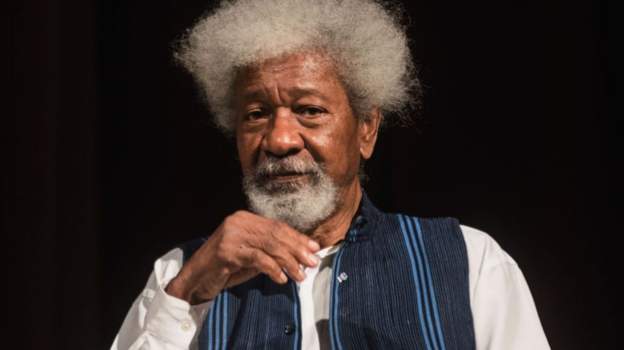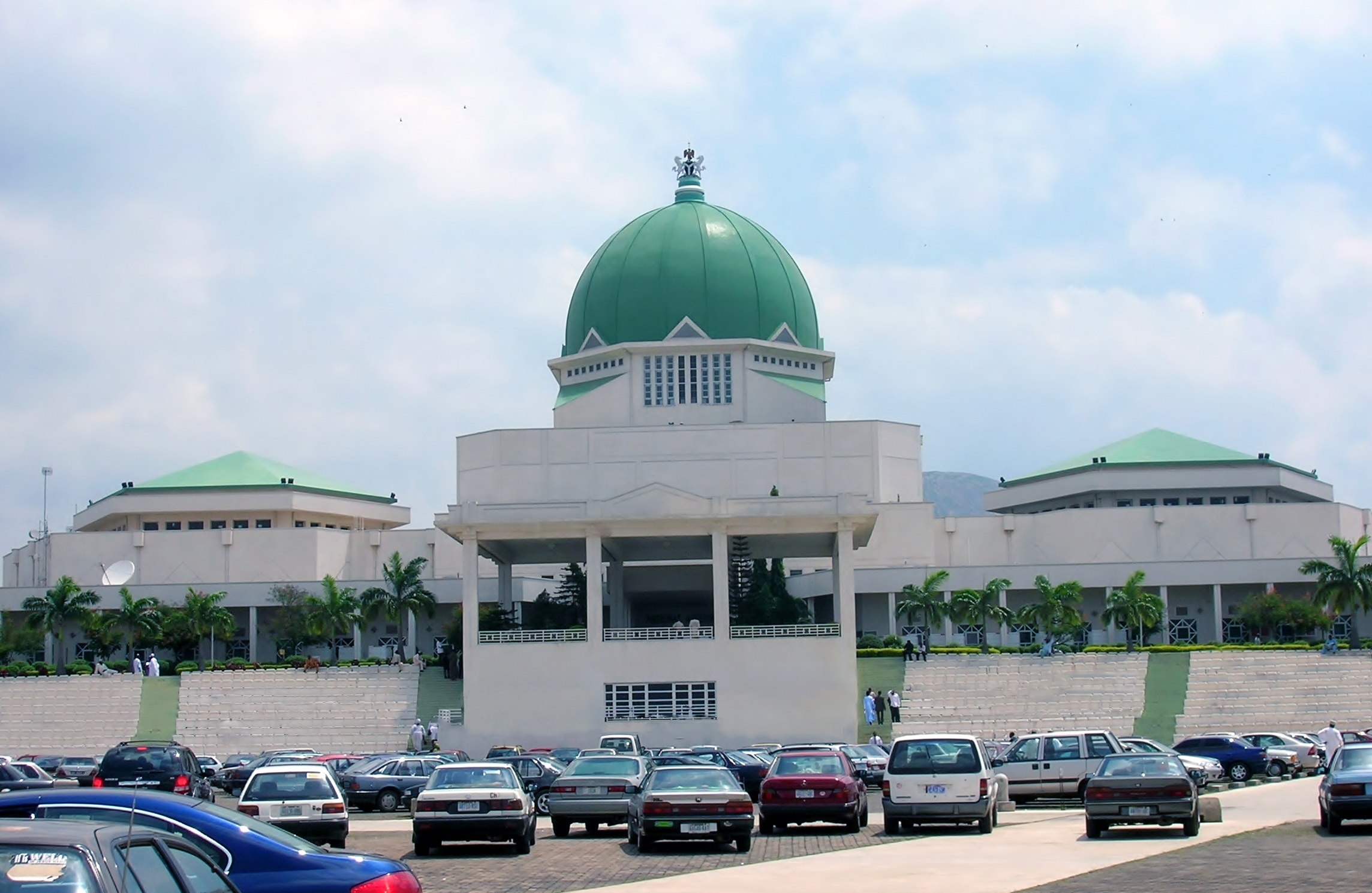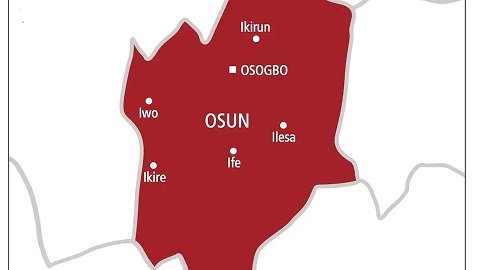[ad_1]
The Nobel laureate spoke on various issues, including his faith, memory and humanism, at an event last weekend in Lagos.
YOU can never intellectually leave an interaction with Nobel laureate Professor Wole Soyinka empty-handed. There would always be new knowledge and fresh insights. So it was again on Sunday, November 20, at an event tagged ‘A Special Soyinka Retrospective’ held at Alliance Francaise, Mike Adenuga Centre, Ikoyi, Lagos.
The occasion featured the public presentation of his two-volume collection of essays, ‘Of Power and Freedom’, and the forthcoming release of a poetry collection. It was part of the closing activities of the 2022 Lagos Book and Art Festival (LABAF).
The literati were out in their numbers for the event moderated by Jahman Anikulapo, Programme Chair of the Committee for Relevant Art, which organizes LABAF. The audience’s interaction with the man popularly referred to as Kongi followed a panel session examining discourses around the hoary-haired patriarch’s life and works.
The discussants were the Dean of the School of Humanities, New York University Abu Dhabi, Professor Awam Amkpa (Soyinka’s Global Humanism) and Professor Okey Ndibe (Soyinka’s Scholarship and Nigeria/World Politics.)Professor Razinat Muhammed treated Soyinka & His Women; Achalugo Chioma Ilozumba examined Soyinka & The Young Writers while a past winner of the Nigeria Prize for Literature, Tade Ipadeola, spoke on The Old & New Poetries of Soyinka.
Soyinka was in his element as a teacher and philosopher during the question-and-answer session. The Executive Editor of TheNEWS/PMNEWS, Kunle Ajibade, asked him: “You say in one of the essays in ‘Of Power and Freedom’ that you are not a Christian, you are not a Muslim, and you are not an Orisa worshipper. And that you use the gods of these religions merely as mythological constructs. But what exactly is your religion?”
Soyinka replied, “Do I need one [religion]? I have never felt I needed one. I am a mythologist. I believe that people have a right and cannot help creating mythologies around themselves, their experiences about what they project from the inner recesses of their minds as answers to questions. And so, I find nothing wrong with utilizing mythologies as part and parcel of my creative warehouse. But religion? No, I don’t worship any deity. But I consider deities as creatively real and, therefore, my companions in my journey in both the real world and the imaginative world But I do not worship them. None of them. So, there is your answer: I have no religion and do not believe I need one.”
To Professor Amkpa, who asked if he was the last humanist standing, Soyinka said, “I think it is not so much a question of the last humanist standing. I think it is more a situation where the virtues, the principles of humanism, have been taken for granted by portions of the world, certain societies, certain levels and typologies of civilization. I think it is taken for granted even though we still have entities like humanist associations of Great Britain, of America, of France, Italy etc.”
Ndibe also asked the famous playwright a question about memory. He said, “In your collection of essays, this line stood out for me, encapsulating your ethical practice. And you said that history must not be allowed to gather cobwebs and that history requires constant evocation as a contemporary touchstone. I like for you to elaborate on this: the role of memory in keeping historical experience in focus for people. Because there is this sense that what’s the past in many ways is past, and history, of course, instructs and informs the present. Your stipulation that history requires a constant evocation in contemporary touchstones struck me. So please, could you elaborate on that?”
Soyinka responded: “I think by memory, you talk about collective memory, not just individual memory. Because collective memory is the key, is that memory related to the mechanisms of relating reality to whatever narrative is given to us. Because history is the narrative. But the collective memory, the active memory, is, for me, far more critical. It is also more dangerous because you can get trapped in it as a community.
“And some of that is happening to us here in Nigeria. I am referring, of course, to the Biafran war. The collective memory there is very strong. And even before the war, I warned that this collective memory might continue to plague nation-building efforts. And that, therefore, everything should be done to avoid that war. People thought I was talking about the battlefield when I used expressions as Biafra can never be defeated. No. I was talking about the notion, the passion which enters the collective memory in active life, not just as a past narrative. This is what I warned against. And we see it happening today.”
The Nobel laureate also touched on the previous removal of history from schools’ curricula. “There is something which I never believed could ever happen to us: a government stopped teaching history in schools. The motivations behind that policy, with many of us who are going blindly around our business not aware that we have been truncated, we have been rendered a people without history, constitute one of the greatest crimes committed against even nation being, against humanity. So naïve, so stupid as not to recognize that there is something called memory. That there is collective memory, active memory in the present?
ALSO READ FROM NIGERIAN TRIBUNE
“If the purpose was to obliterate the war, the memory of the war, what about the events that led up to the war? What about, in fact, the position, the narrative of our existence in the outer world? How do you obliterate that, for heaven’s sake? And yet people sat down in this country and removed history from the schools’ curricula.”
He advised that rather than being prisoners of collective memory, people should use it in a productive, creative way. “We must always adjudicate the present by history and collective memory. However, taking care not to become prisoners of that memory. Not even to use that collective memory in a progressive, productive and creative way. That also depends at last on leadership,” Soyinka said.
[ad_2]








